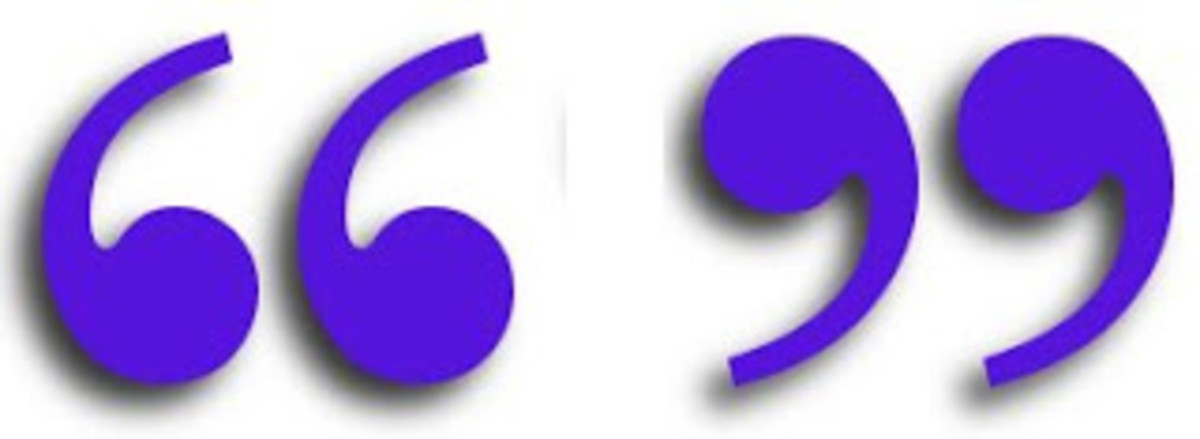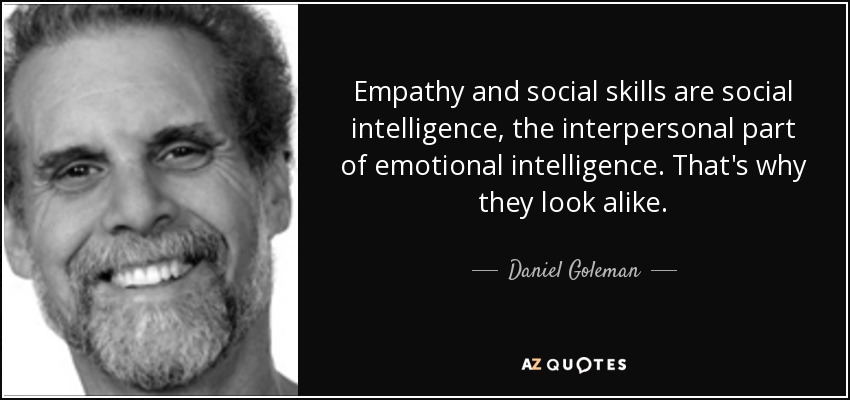 Social Intelligence [emotional intelligence, personal intelligence]: Being aware of the motives and feelings of other people and oneself; knowing what to do to fit into different social situations; knowing what makes other people tick. Personified for example by Robert Kennedy (Source: VIA Institute on Character)
Social Intelligence [emotional intelligence, personal intelligence]: Being aware of the motives and feelings of other people and oneself; knowing what to do to fit into different social situations; knowing what makes other people tick. Personified for example by Robert Kennedy (Source: VIA Institute on Character)The Noel Strengths Academy defines it this way:
- In touch with their own values, motivations, and limitations
- They are emotionally intelligent
- They are aware of their own feelings and the feelings of others
- Discerning; Can “read” people accurately; they pick up on motives
- Adaptable in various social settings
- Able to make a connection with others

- Underuse: Cluelessness
- Overuse: Overly analytical
Key Research:
- Rank order of Social Intelligence in populations from:
- US : 4;
- European: 11
- Asia: 13
- Latin America: 12
- Sub-Saharan Africa: 15
- Middle east: 13
- Top 10 (rank order) strengths expressed at work: honesty, judgment, perspective, fairness, perseverance, love of learning, leadership, zest, curiosity, social intelligence
- In a study of character strengths and adolescent peer relationships, the strengths deemed most desirable/important in a friend were honesty, humor, kindness, and fairness, and those most connected with higher peer acceptance were perspective, love, kindness, social intelligence, teamwork, leadership, and humor (Wagner, 2018).
- The character strengths most associated with the meaning route to happiness are religiousness, gratitude, hope, zest, and curiosity; those most associated with the engagement route to happiness are zest, curiosity, hope, perseverance, and perspective; and those most associated with the pleasure route to happiness are humor, zest, hope, social intelligence, and love (Peterson et al., 2007)
Psychological Impacts of Social Intelligence:
- Social Intelligence is a key predictor of life satisfaction: Research has shown that individuals with high levels of Social Intelligence tend to have higher levels of life satisfaction, even when controlling for other factors such as income and education (Peterson & Seligman, 2004).
- Social Intelligence is linked to better relationships: People with high Social Intelligence tend to have stronger, more supportive relationships with family and friends, which is associated with better mental and physical health (Lyubomirsky et al., 2005).
- Social Intelligence is a key component of emotional intelligence: Social Intelligence is closely related to emotional intelligence, which is the ability to recognize and regulate one’s own emotions and the emotions of others (Goleman, 1995).
- Social Intelligence is associated with better communication skills: Individuals with high Social Intelligence tend to be better communicators, which is associated with greater success in personal and professional relationships (Ciarrochi et al., 2001).
- Social Intelligence is linked to empathy: People with high Social Intelligence tend to be more empathetic, which is associated with greater social support and better mental health (Davis, 1994).
- Social Intelligence is a key predictor of career success: Research has shown that individuals with high levels of Social Intelligence tend to be more successful in their careers, even when controlling for other factors such as education and experience (Goleman, 1995).
- Social Intelligence is associated with better conflict resolution skills: Individuals with high Social Intelligence tend to be better at resolving conflicts and navigating difficult social situations (Tjosvold, 1991).
- Social Intelligence is linked to greater social support: People with high Social Intelligence tend to have greater social support, which is associated with better mental and physical health (Cohen et al., 2015).
- Social Intelligence is a key component of effective leadership: Social Intelligence is a key characteristic of effective leaders, who are able to build strong relationships with their team members and stakeholders (Goleman, 1995).
- Social Intelligence can be developed through practice and training: Research has shown that Social Intelligence can be developed through practice and training, such as through social skills training programs (Ciarrochi et al., 2001).
Tayyab Rashid and Afroze Anjum offer 340 Ways to Use VIA Character Strengths including these four for Social Intelligence:
- Attend an uncomfortable social situation as an active observer and describe what you observe without any judgments. Note whether the situation got heated or out-of-hand and why.
- Note and appreciate others in the light of their positive attributes. Voice your thoughts to them in conversation.
- Watch a favorite TV program or film muted and write feelings observed. Note your own non-verbal communication methods when you engage in conversation.
- Ask someone close to you about times you did not emotionally understand him/her and how he/she would like to be emotionally understood in the future. Think of a few small, practical steps that you can take when interacting with this person next.
|
Learn more about Social Intelligence The more we read and watch online, the harder it becomes to tell the difference between what’s real and what’s fake. It’s as if we know more but understand less, says philosopher Michael Patrick Lynch. In this talk, he dares us to take active steps to burst our filter bubbles and participate in the common reality that actually underpins everything. Daniel Goleman, author of “Emotional Intelligence,” asks why we aren’t more compassionate more of the time. When your job hinges on how well you talk to people, you learn a lot about how to have conversations — and that most of us don’t converse very well. Celeste Headlee has worked as a radio host for decades, and she knows the ingredients of a great conversation: Honesty, brevity, clarity and a healthy amount of listening. In this insightful talk, she shares 10 useful rules for having better conversations. “Go out, talk to people, listen to people,” she says. “And, most importantly, be prepared to be amazed.”
Two books by Daniel Goleman Emotional Intelligence: Why It Can Matter More Than IQ by Daniel Goleman Emotional Intelligence explains the importance of emotions in your life, how they help and hurt your ability to navigate the world, followed by practical advice on how to improve your own emotional intelligence and why that is they key to leading a successful life. (More at 4 Minute Books)
Podcasts to feed your Social Intelligence
|









